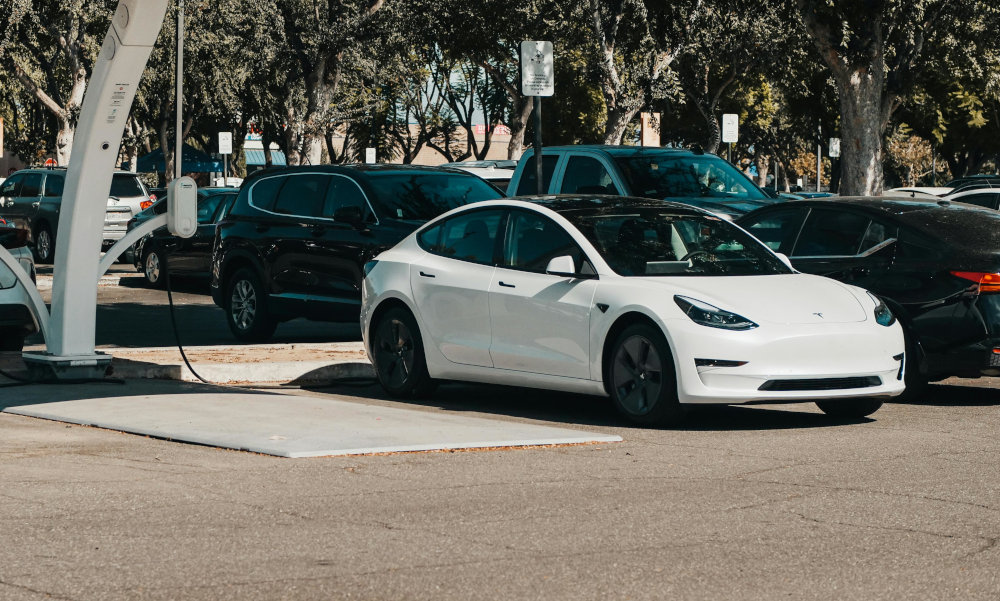
Consider How Emissions Are Cut
Carbon colonialism is a phenomenon which is increasingly being realised in the climate space. Maybe because it reveals an unsightly truth that many don’t like to admit. But what has carbon colonialism got to do with organisations trying to achieve their Net Zero target? It highlights a major flaw in the approach taken to reach these goals, and it’s time we set a course direction before it’s too late.
Several countries have set their Net Zero targets and made commitments to make sure they achieve them. For example, the UK claimed to have set one of the world’s most ambitious climate change targets of cutting emissions by 78% by 2035, bringing them three-quarters of the way to Net Zero by 2050. Despite them currently being off track for this target, the point to focus on is more to do with how they are cutting emissions.
A rich nation such as the UK has the advantage of being the third highest global importer of emissions. Meaning they can cut emissions within the UK borders and hit their targets, whilst not concerning themselves too much with the emissions from imported goods. You can see how on the surface countries can appear to be doing their part, when instead they are outsourcing their emissions to the developing world. Consequently, countries going through industrialisation and growing through exports take on a substantial emissions load. The real problem comes when decarbonisation policy from the rich West becomes dogmatic and is pushed onto the balance sheet of others, then carbon colonialism becomes a reality.

Image of where the world’s emissions are coming from by Adam Symington published in Towards Data Science
Parallels of Hypocrisy
So, what does this mean to businesses? A parallel of this hypocrisy is also seen in the corporate world. If you are operating in alignment with industry frameworks such as the SBTi, then at some point you’ll likely have to prioritise decarbonisation over business growth as there aren’t enough decarbonisation options available. The easiest way to deal with this is to get out of necessary but carbon intense business models and/or try to outsource your emissions onto someone else’s balance sheet. For obvious reasons, this doesn’t help matters.
Moreover, climate solution organisations like a clean energy start-up BioTherm Energy, or solar company Lumos need to massively expand their operations but would not be able to align to SBTi and achieve Net Zero. The most obvious company is Tesla; according to Tesla’s impact report, the company helped to abate 2.3 million metric tons of CO2 in 2022, which is more than the entire CO2 emissions of Malta. However, they would not be able to achieve a Net Zero target either. The reality is that sometimes you need to create emissions in the short term, to prevent far more in the long run.

For solutions-driven, innovative companies, it’s unrealistic to be told that they must cap their operations for the sake of the climate. Decarbonisation is obviously essential. However, we need to strike a balance between protecting future generations, and supporting the societal and infrastructure needs of today. SBTi focuses on setting a target based on a company’s previous carbon budget and requires companies to reduce emissions by 90% on an absolute basis. This means in theory that a company can say they are aligned with the Paris Agreement to achieve the global 1.5 Celsius warming limit. However, in reality this doesn’t work for the majority of businesses. An ‘absolute contraction’ method, dreamt up by NGOs and think tanks, may be clear-cut and easily understandable. But without affordable off the shelf low carbon solutions (that we don’t currently have), forcing carbon limits will lead to despondence and rejection amongst organisations who could otherwise participate.
What Really Matters?
The fear is that without such an aggressive approach we won’t hit our global targets. Yet with a narrowly defined and elitist framework, you’ll have 1000s of companies quietly unsubscribing from this methodology anyway. Ultimately, we need every company, in every country, to be pulling in the same direction. The question therefore is, how do we design an approach that is suitable for all businesses? Rather than an absolute contraction method of accounting, we propose that we judge companies based on ‘intensity metrics’. Intensity metrics would evaluate a company based on carbon intensity per unit of output, rather than setting a carbon cap. This creates a level playing field among companies of different sizes, sectors and territories.

The challenge is that a company can still increase their total emissions under the intensity approach. However, this only looks at individual organisations (or countries) which is a very insular perspective. This type of territorial trap distracts us from focusing on what matters. What matters is that the average emissions across sectors decrease over time. Take the consumer goods market for example. Around 3.2 million fridges were sold in the UK in 2022, and 98% of the population has a fridge. In 2019, 5 companies comprised 85% of the UK fridge market, of which some can be theoretically SBTi aligned, and some cannot. From an emissions perspective, it doesn’t actually matter which company sells what. The key thing is that the average life cycle emissions of every fridge are less in 2024 than in 2023. What we need is industries as a whole to move in sync.
A No Nonsense Net Zero Approach
This is not to advocate laissez-faire decarbonisation strategies, but to strongly encourage a realistic and accessible methodology. It’s about progress over perfection. We will need to continually innovate and adjust course accordingly. Economic crises, health pandemics, and regional wars are reminders that the world is unpredictable, and we can only manage what is within our control. By focusing on an intensity metric approach, we can still set our eyes on the long-term goal and make real progress in a game that everyone can play, regardless of where they are and what baseline they are starting from. This beats following an unsustainable Net Zero framework that is unachievable for the majority and, ultimately, is not a workable solution for achieving our global sustainable development goals.
Chris Hocknell, Director
Chris brings over 18 years’ experience of supporting the built environment and corporate world with their sustainability goals. Specialising in sustainability strategy development, Chris works closely with clients to assess and understand their carbon and environmental footprint.

If you’d like to find out more about your carbon footprint and how best to reduce your organisation’s emissions. Feel free to book a meeting with one of our team to discuss further.





